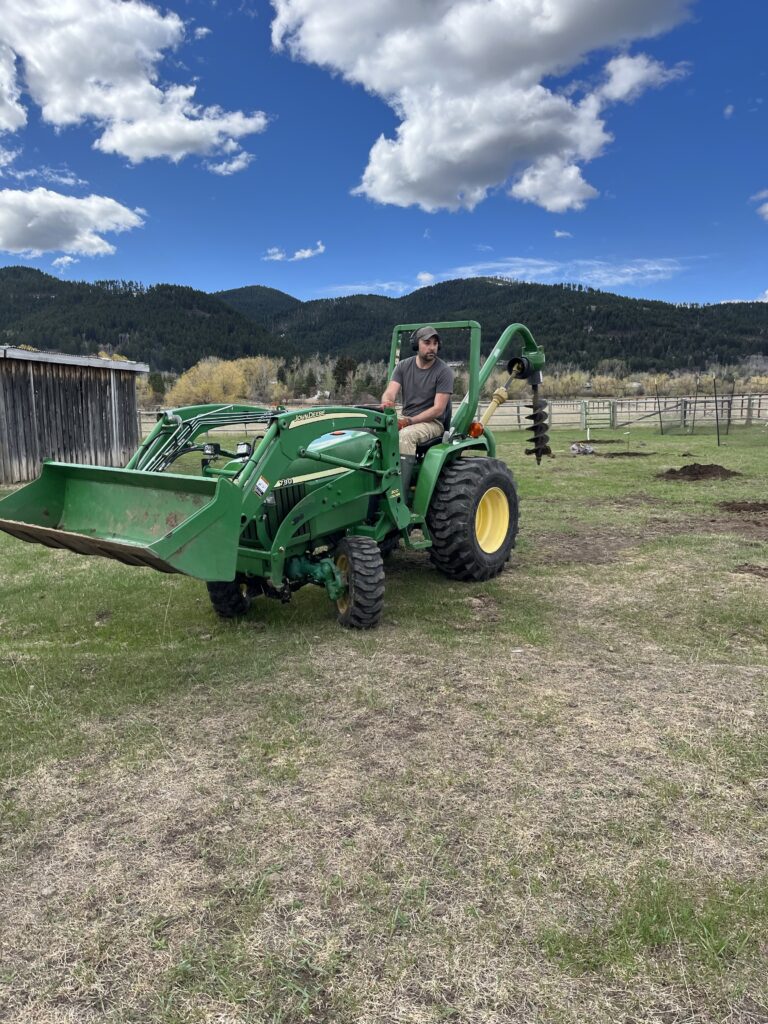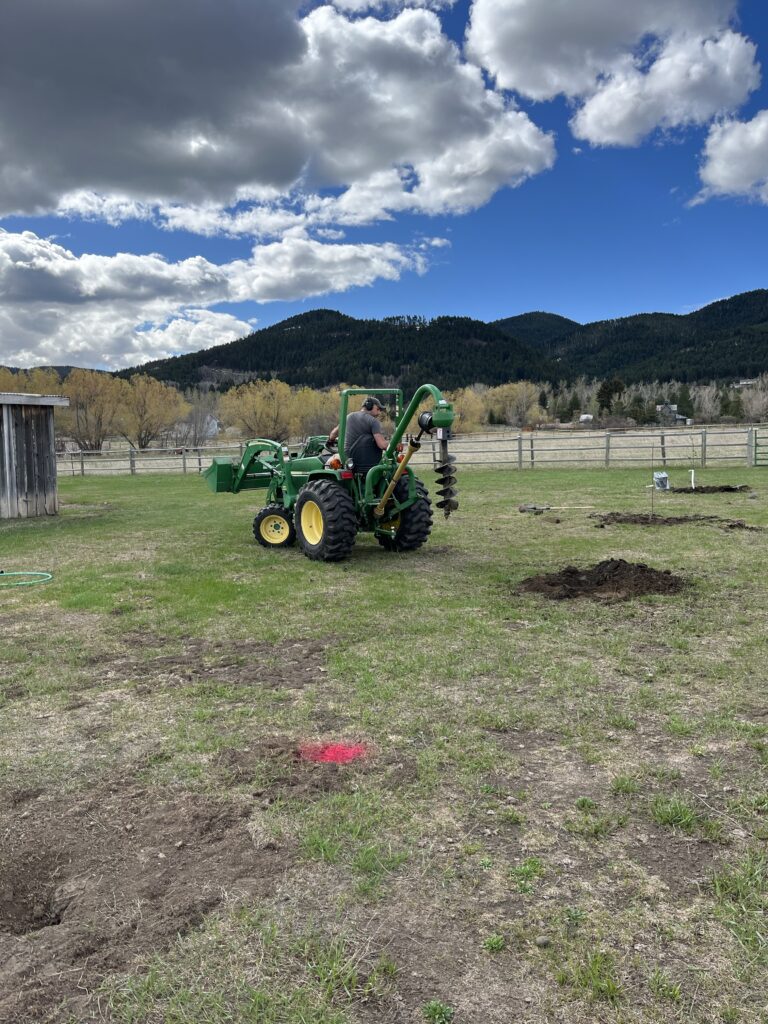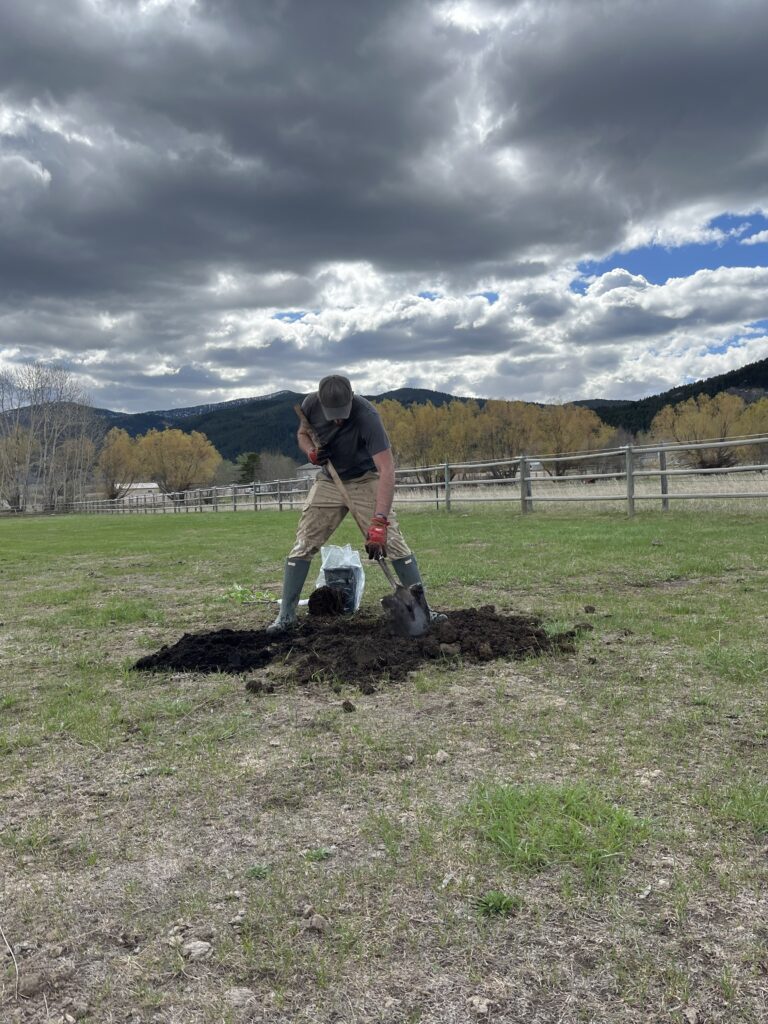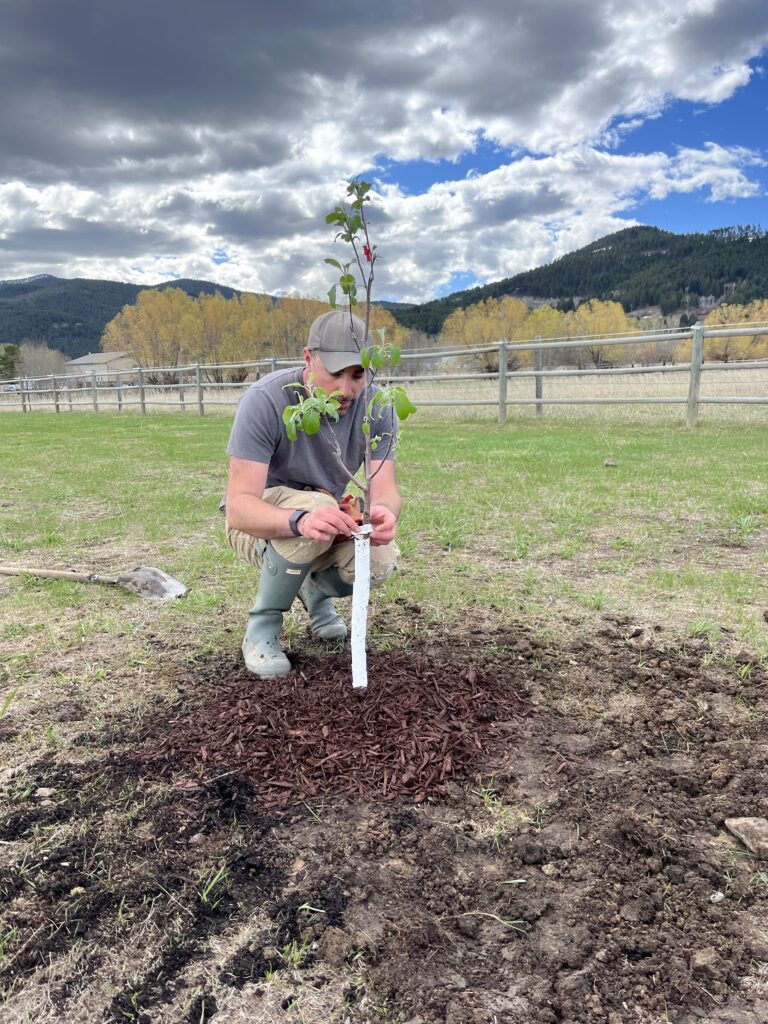It’s been a beautiful week in the Gallatin Valley. Every single morning on my daily constitutional walk I notice new growth. Very suddenly we went from of melting & assessing snow damage to bright and sunny spring green.
The more northern latitudes get a shorter growing season (in fact we will get more snow) but the season is one of magnified intensity as our evenings stretch towards 10pm before the light is gone. And so on this first weekend of May we’ve begun taking action on spring. Hobby farmers spring into action.
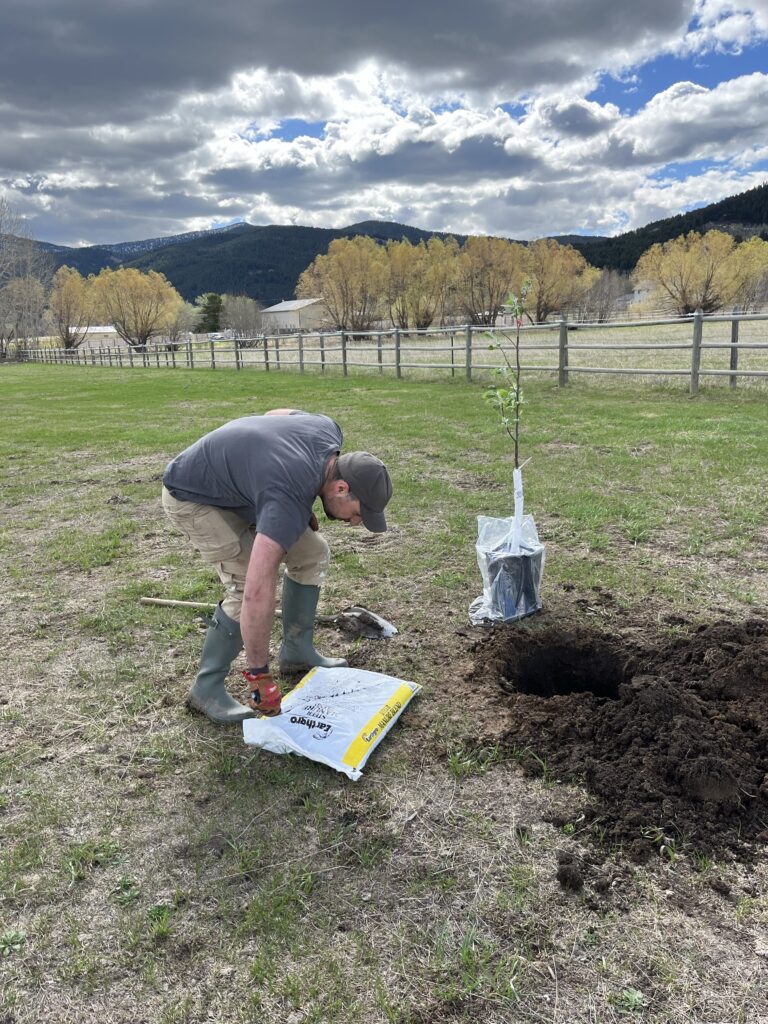
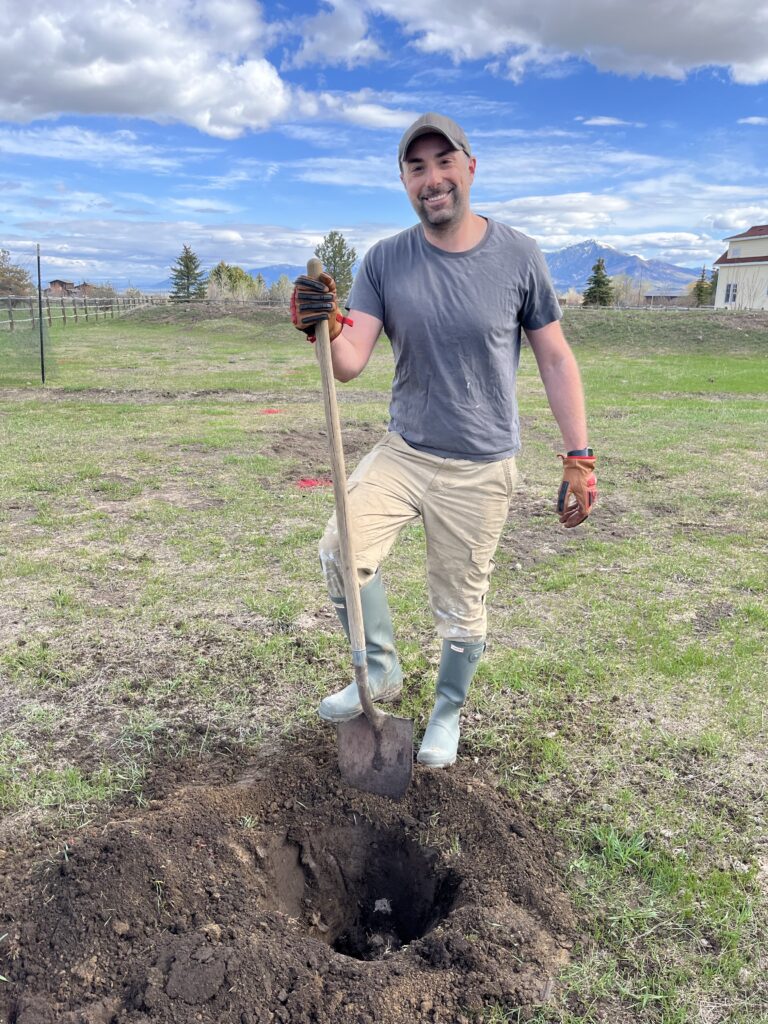
My husband and I have no idea what we are doing but with the true spirit of fuck around and find out we began anyway. Our running joke is that Alex is a #ManofAction as there is just simply so much more practically to do when you live on land for which you are ultimately responsible. It’s a lot of fun and very grounding.
And as you might guess the most liberating feeling in the world is being held accountable for yourself and your choices. So even knowing full well you are basically that dog typing on a computer subtitled “I’ve got no ideal what I’m doing” you carry on anyway.
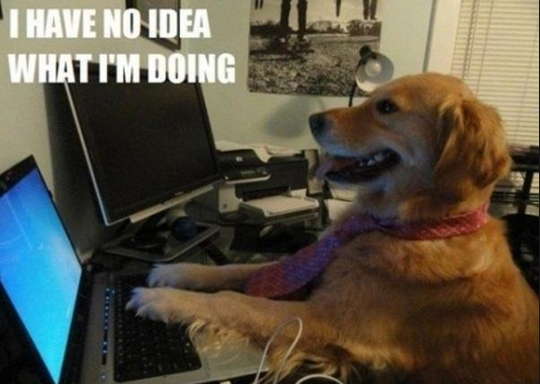
While I did a few laps around the pasture and helped with a bit of the lighter work my role was mostly to capture the fun and excitement of trying something new. We picked two apple, two plum and one cherry from Starks Brothers to add in after a fall planting of a number of apple trees. We’ve got no idea if any of this is going to take. We’ve read some books but that barely counts.
Meanwhile inside the homestead I’ve been doing some spring cleaning. I’ve been appropriately assigned gender formative roles as I actually enjoy keeping things attractive and beautiful. The closests need turning over from the wool and layering over to tee-shirts, sundresses, and linens. Alex mostly goes from button downs to tee shirts. Jeans are swapped for cargo shorts. Being a man is simpler.
Winter boots need to be put away and flats, sneakers and sandals brought to the front. Alex had more work gear and footwear as he does more of the outdoors work than I do so shoes are more Alex than me.
Heavy winter oil and moisture rich cosmetics will give way to lighter water creams and ceramides. I don’t change retinols but I may add in more C and lactic acid for turnover in the heat. Alex meanwhile gets away with a basic vitamin C moisturizer and SPF.
I alas have not dealt with getting my hair trimmed in sometime but the reminder that it’s time to cut off dead ends is ultimately a spring time ambition. Hopefully you had the good sense to prune in the winter. My husband is lucky enough to simply buzz his head. Happy spring everyone and may your rituals enjoyable to you.
